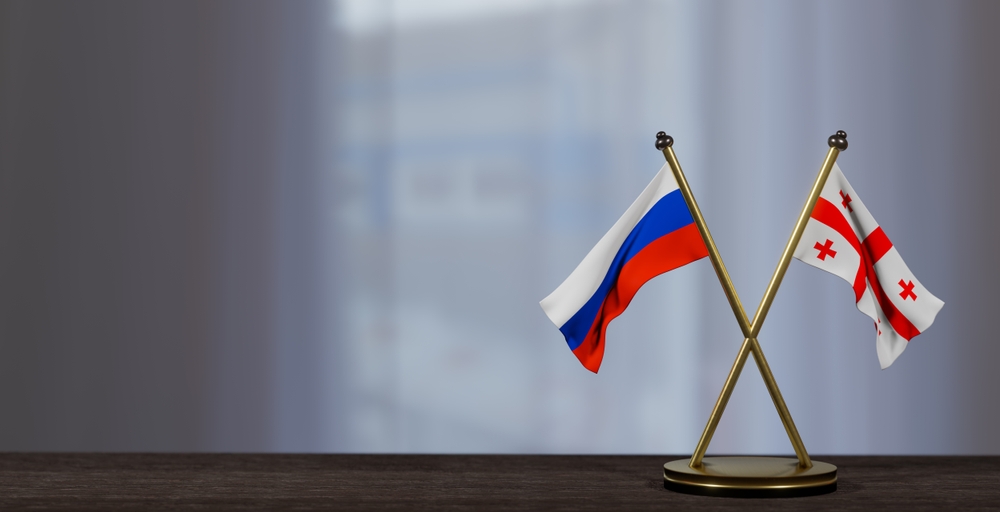Historically, Russia has used its “assistance” initiatives to expand its geopolitical influence.
Others are reading now
Andrei Klimov, Vice Chairman of the Russian Federation Council, has declared that Moscow is ready to assist Georgia’s ruling party, Georgian Dream, in retaining power if requested.
Klimov made these comments during a meeting of the Friends of Russia Club in Moscow, as reported by Ziare.
Echoes of Syria
Klimov compared the situation in Georgia to Syria, using President Bashar al-Assad as an example. Russia intervened in Syria in 2015 to support Assad’s government against numerous opposition groups.
Russian forces in Syria have been accused of committing war crimes, including bombing hospitals and using “double-tap” strikes—a tactic also seen in Ukraine.
Also read
Extending Influence
Historically, Russia has used its “assistance” initiatives to expand its geopolitical influence. Klimov’s comments come amid a recent poll showing most Georgians view Russia as their main enemy.
This sentiment has grown as the Georgian Dream party aligns more closely with Moscow, including plans to restore diplomatic relations.
Controversial Legislation
The Georgian government recently adopted a foreign agents law, requiring organizations receiving foreign funding to be labeled as “foreign agents,” mirroring repressive Russian laws used to suppress Kremlin critics.
This legislation sparked widespread protests in Georgia, leading to violent incidents where police used water cannons and rubber bullets to disperse demonstrators. Washington and Brussels condemned the bill as incompatible with Western values, with EU voices calling for the suspension of Georgia’s candidate status for EU membership if the law is implemented.
Historical Context
The backdrop of this political tension includes the five-day Russo-Georgian War in August 2008, when Georgia launched an offensive against the Russian-backed separatist region of South Ossetia. Russia responded with a counteroffensive, leading to significant casualties and the loss of Georgian control over South Ossetia and Abkhazia, with Russia recognizing their independence.
This conflict left deep anti-Russian sentiments in Georgia.


